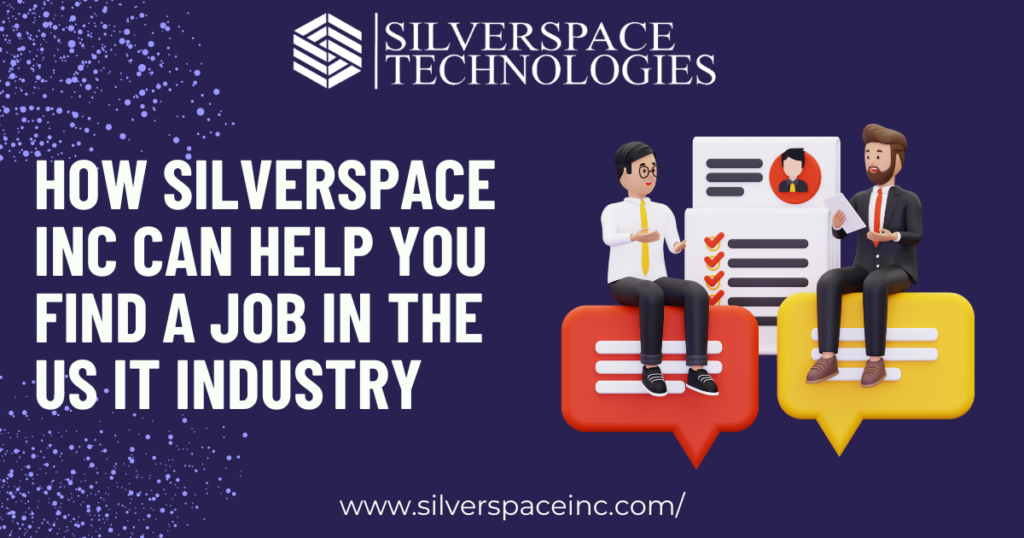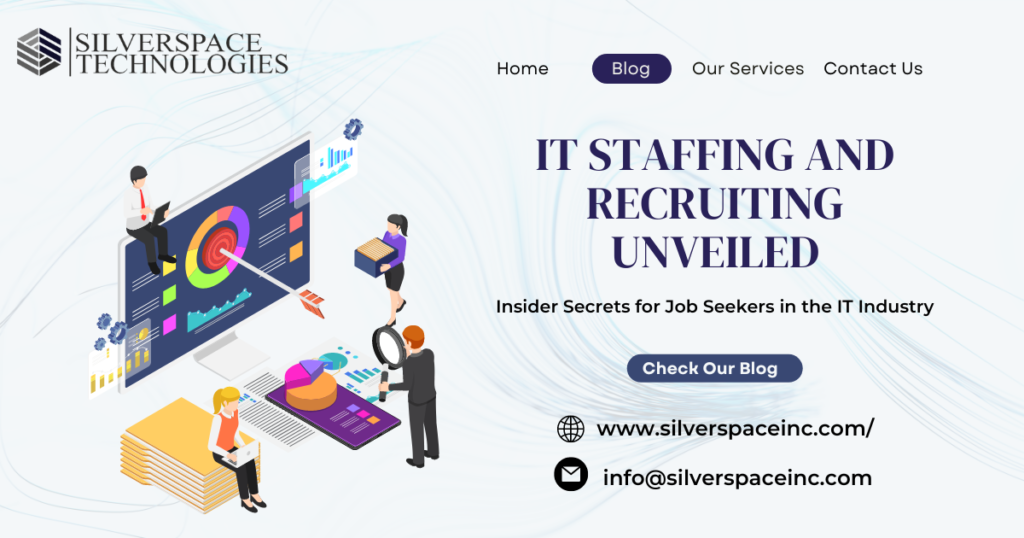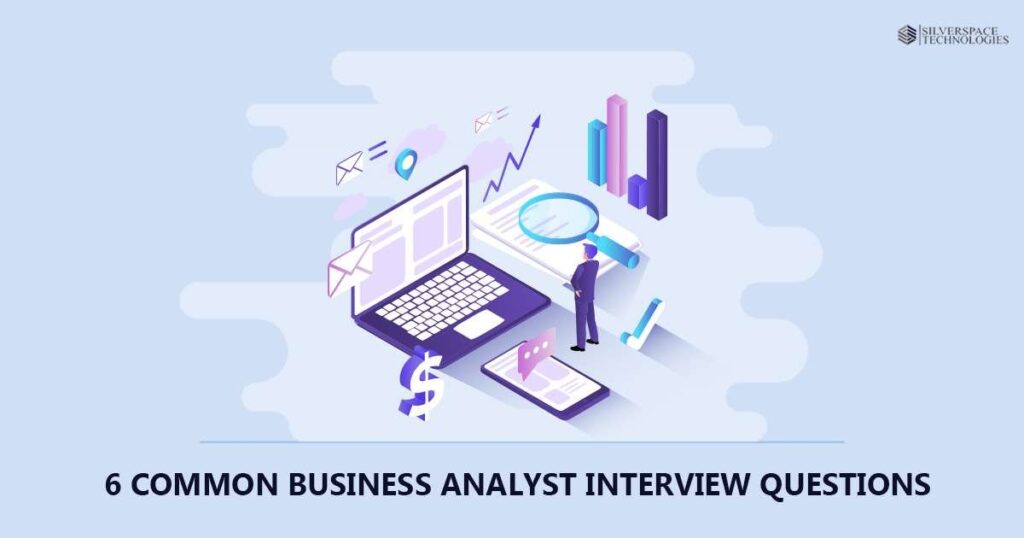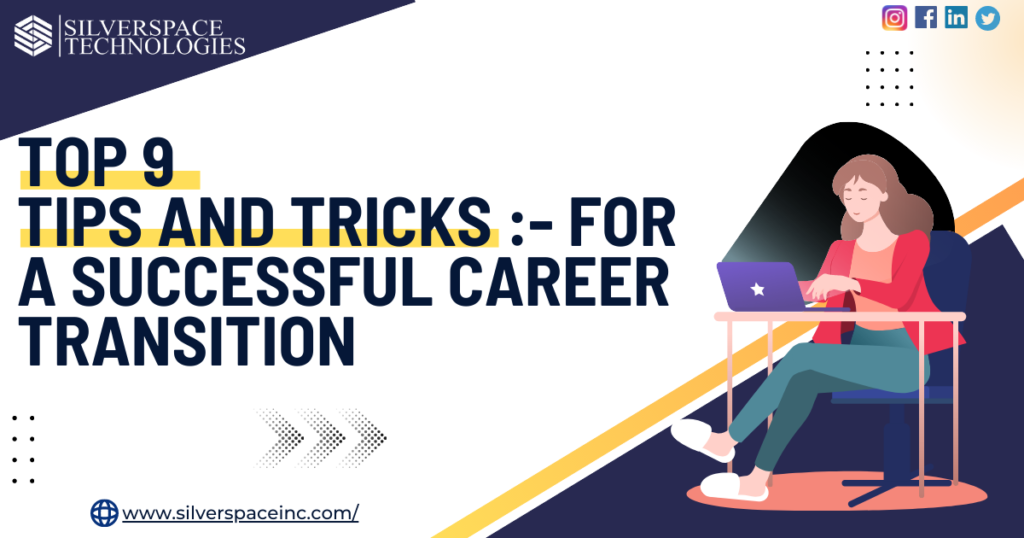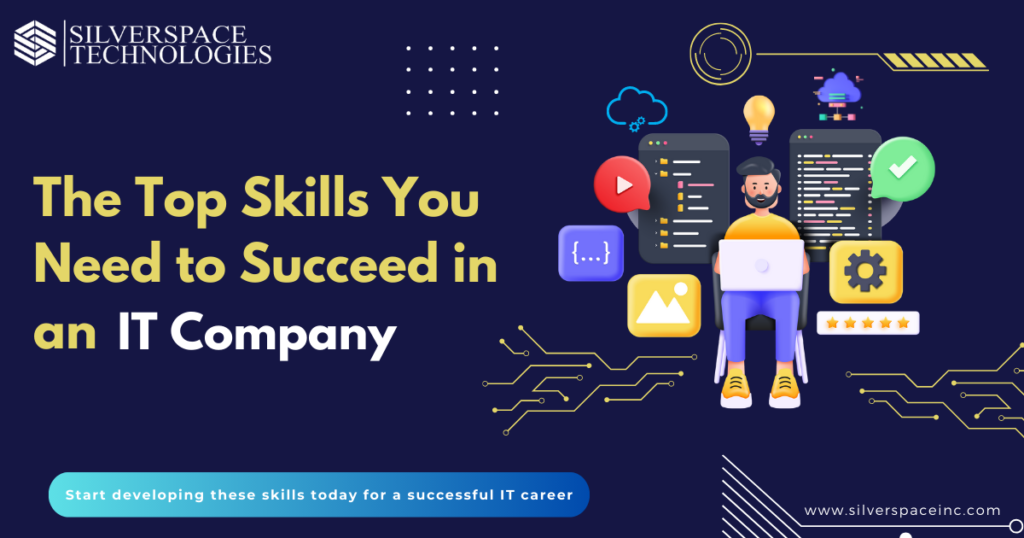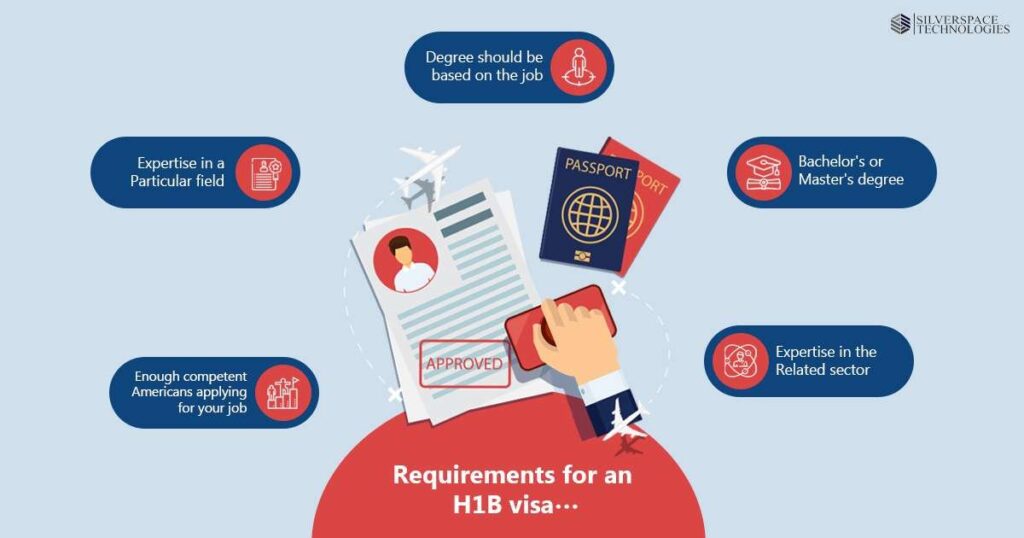How Silverspace Inc Can Help You Find a Job in the US IT Industry
Many times, graduates and job seekers put in their best efforts to secure a job, but the job search and application process can be challenging. It requires complete dedication, time management, and a quick and proper response mechanism. If you possess these qualities, you can create a significant impact and increase your chances of receiving an interview call. However, despite giving their all, many individuals still struggle to land a job. The reasons for this can vary; it could be an unstructured resume, an inappropriate cover letter, delays in job applications, improper response emails, delayed responses from employers, or other factors. Dealing with multiple job applications daily, ranging from 40 to 80, can become overwhelming and exhausting. At Silverspace Inc, we often encounter job seekers who express their frustration at the lack of response from their self-applications. They are under pressure to secure a job quickly and seek our assistance in overcoming these challenges. Having witnessed the struggles of IT job seekers in the USA, Silverspace Inc has developed a comprehensive and proven process for overcoming the hurdles of job searching. This time-tested approach has yielded success in 100% of cases. Would you like to learn more about the services offered by Silverspace Inc? Here are the 5 steps you need to follow: 1. Career Guidance: At Silverspace Inc., we understand the frustrations that many job seekers face during the application process in the US. That’s why our Career Experts are here to provide a complete solution to your career requirements in the shortest time possible. Our experts carefully analyze your needs through discussions and offer tailored suggestions to guide you on the right path. 2. Resume Optimization: One of the key factors in a successful job search is having an optimized resume, and our Resume Optimization experts excel at creating result-oriented resumes. Drawing from their rich experience, they understand your specific requirements and update your resume with all the necessary details. This ensures that your resume stands out to recruiters searching for IT job seekers like you, increasing your chances of getting noticed. Silverspace Inc. plays a crucial role in fine-tuning your resume to align with the latest market trends. We know exactly how to highlight your skills and experiences in a way that appeals to potential employers. 3. Resume Marketing: Have you ever wondered why you don’t receive interview calls even after applying to numerous job openings? We’ve identified some common reasons for this, such as certain job openings not being visible in the market to job applicants or our resumes not being effectively marketed when we apply on our own. Additionally, not following up properly with the concerned stakeholders can lead to missed opportunities. At Silverspace Inc., we understand the intricacies and trends of the US IT job market. Our targeted approach ensures that when you apply through us, you can expect timely responses and increased visibility. 4. Technical Training: To bridge any gaps in your technical skills, we offer comprehensive technical training to help you succeed. Our experts, with extensive job assistance and placement experience in the technical domain, thoroughly prepare you based on your resume and requirements. During interview preparation sessions, they review your answers, giving you the tools to excel in your interviews. Following your trainer’s guidance will significantly enhance your chances of landing your dream job. Our trainers assess your skills at each level and provide guidance to improve them. Even if you’re a recent graduate, our real-time projects offer invaluable industry exposure to boost your confidence and competence. 5. Onboarding and background checks: It can be unfamiliar territory for many fresh job seekers in the US, leading them to seek assistance in navigating these formalities. At Silverspace Inc, we have often encountered job seekers expressing their concerns about missing out on important aspects during the onboarding and background verification processes. Taking these concerns to heart, we have incorporated comprehensive support for these procedures into our program. Our commitment goes beyond just helping job seekers secure the job of their dreams; we also guide them through the onboarding and background check formalities. By providing valuable assistance at every step, we ensure that job seekers have a smooth and hassle-free experience as they begin their new roles. Insights for Job Seekers: Navigating the US IT Job Market with Confidence Drawing from a decade of experience in the US IT Job Market, I have compiled valuable insights to help job seekers ace their job applications, resume preparation, cover letter writing, and interviews. Whether you’re a recent graduate or a seasoned professional, these tips will give you a competitive edge and increase your chances of landing your dream job. Your job application should be specific: Avoid a one-size-fits-all approach when applying for jobs. Tailor each application to the specific role and company you are interested in. Emphasize your applicable talents and experiences that are related to the employment criteria.. Employers appreciate candidates who demonstrate a genuine interest in their organization. Take the time to research your company well: Make sure you thoroughly research the company before an interview. Learn about the company’s principles, offerings, recent successes, and mission. This knowledge will not only impress the interviewer but also help you decide if the company is a good fit for your career goals. The most effective resume preparation will increase your chances: Your resume is your ticket to securing an interview, so invest time in crafting a compelling and well-organized resume. Highlight your key achievements, relevant skills, and work experiences. Tailor your resume to showcase how you can add value to the company. A clear and professional resume will catch the attention of recruiters. Make sure you follow up on your applications: After submitting your application, don’t simply wait for a response. Take the initiative to follow up with the hiring manager or recruiter. A polite follow-up email shows your enthusiasm for the position and reminds them of your application. It also indicates your proactive and determined attitude. Show your communication skills with a fresh cover
How Silverspace Inc Can Help You Find a Job in the US IT Industry Read Post »
